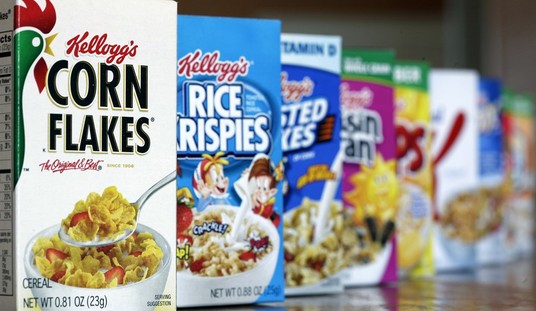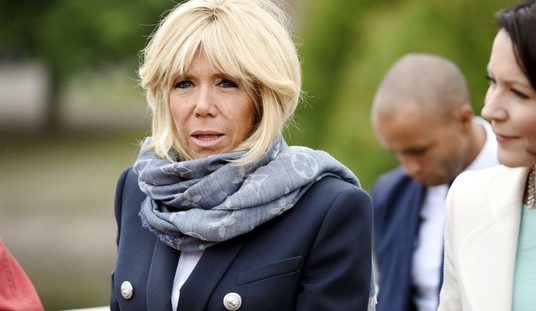
As promised yesterday, the second half of the latest installment of my roundup of the RCP polling averages (these for the Governor’s races), looking at what share of the remaining undecided vote would need to break in the GOP’s direction to win each race. The overall trend across numerous races since October 1 (even since yesterday, when I started gathering these figures) is positive, but a lot of these races remain incredibly close, and several high-profile races have had disappointing news.
First up, the big board:

There have been new polls in every race since October 1, thanks in large part to YouGov polling every race, although many of the less competitive races have not been polled in almost three weeks. Nebraska is now the only race without enough polls to compute an average. The biggest change is that we finally have some polling in Arizona, showing Doug Ducey out to a much healthier lead than the sparse polling had previously indicated.
The most worrisome races right now:
-Wisconsin, where the most recent poll nudged Mary Burke ahead of Scott Walker, and where there are very few undecided voters left to pick from after three Walker gubernatorial campaigns in five years. Walker, if he wins, will be a formidable national candidate, but this race is putting his ability to seal the deal and get his voters out to a stern test, and one has to think that the unsecret nature of his national ambitions aren’t helping him in a blue state.
-Florida, where Rick Scott got a ton of terrible press from an unforced error in “Fangate,” refusing to go onstage at the beginning of a debate because Charlie Crist had violated debate rules by bringing his omnipresent fan to blow cold air up Orange Charlie’s trousers. You can’t really blame the voters for despising both of these candidates, but Republicans will have to bank on the economic progress made on Scott’s watch and the staggering degree of Crist’s craven, unprincipled opportunism.
-Illinois, where Pat Quinn pulled off a miraculous escape in 2010 (running ahead of his party’s Senate ticket, which lost to [mc_name name=’Sen. Mark Kirk (R-IL)’ chamber=’senate’ mcid=’K000360′ ]) and has a slight lead over self-funding tycoon Bruce Rauner.
-Alaska, where Sean Parnell is 2.5 points back of the “independent” Walker-Mallot ticket, although Alaska is notorious for bad polling in general and polls that understate Republican strength in particular.
Many of the other races with Republican leads are extraordinarily tight, especially in New England, where the GOP leads in Massachusetts and Connecticut by a hair and trails slightly in an ugly three-way race in Maine (Rhode Island remains a tantalizing possibility – recall that as recently as 2006, there were GOP governors in Massachusetts, Connecticut, Vermont, Rhode Island and New York). And as I noted this morning over at The Federalist, the trend in recent years has been for Democrats to win an indordinate share of statewide elections decided by less than 1 point, so just going into Election Day with a tiny lead is no reason to get comfortable (although you’d still rather be ahead in the polls than behind).
The overall trend since October 1 has been positive in many more races than it’s been negative:

That’s a nice recovery by Tom Corbett, but he’s still toast. Larry Hogan is also putting enough pressure on Anthony Brown that the White House felt compelled to dispatch the president to stump for Brown. Let’s zero in on the trendline in the 16 most competitive races:

Republicans have gained at least a point in their standing in twice as many races as the Democrats have, albeit in some cases (like New Hampshire) cutting into a lead that will likely prove insurmountable. But the news has gotten less nerve-racking for Sam Brownback and more comfortable for Rick Snyder in their re-election bids. The average across these races is a 1.4 point improvement for Republicans, but notice that unlike the Senate races, we’re still dealing with an average poll standing of 43.6 points for the Republicans across these races, 43.4 for the Democrats – which leaves an awful lot of undecided voters less than two weeks from Election Day.














Join the conversation as a VIP Member